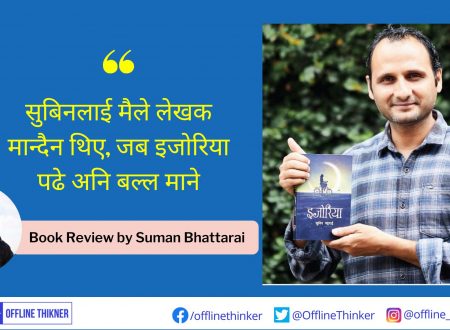Podcasts have become an integral part of our digital landscape, offering a wealth of information, entertainment, and diverse perspectives. While the positive aspects of podcast listening are often emphasized, it’s essential to acknowledge that, like any media consumption, there is a potential dark side. In this exploration, we delve into the possible pitfalls and challenges associated with podcast consumption.
1. Information Overload:
- The vast array of podcast genres and topics can lead to information overload. Constant exposure to diverse content may contribute to overwhelm, making it challenging to process and retain information effectively.

2. Distraction and Multitasking:
- Podcasts are often consumed while multitasking – during commutes, workouts, or household chores. While this can enhance productivity, it may also lead to distracted listening, reducing the depth of engagement and understanding.
3. Confirmation Bias and Echo Chambers:
- Podcast listeners may inadvertently gravitate toward content that aligns with their existing beliefs, contributing to confirmation bias. This can create echo chambers, limiting exposure to diverse perspectives and reinforcing pre-existing opinions.
4. Impact on Mental Health:
- Continuous exposure to certain podcast genres, such as true crime or dark narratives, may have an impact on mental health. Graphic content or constant exposure to distressing stories can contribute to anxiety, fear, or desensitization.
5. Loss of Focus on Real-world Interactions:
- Excessive podcast consumption, especially in social settings, may lead to a disconnect from real-world interactions. Over-reliance on headphones or earbuds can hinder communication and diminish the richness of face-to-face conversations.
6. Sleep Disruption:

- Listening to podcasts, especially intense or suspenseful ones, close to bedtime may interfere with sleep. Engaging content can stimulate the mind, making it difficult to unwind and relax before sleep.
7. Unfiltered Content Quality:
- Unlike traditional media, podcasts often lack stringent content filters. This lack of regulation can result in the spread of misinformation, low-quality content, or even potentially harmful advice.
8. Loss of Solitude and Reflection Time:
- Constant engagement with podcasts may leave little room for solitude and personal reflection. The constant influx of external voices can drown out one’s inner thoughts and hinder self-discovery.
9. Intrusion of Advertising and Commercialization:
- The rise of advertising and commercialization within podcasts can be intrusive. Constant interruptions for sponsored content may compromise the integrity of the listening experience.
10. Unintended Time Consumption:
Navigating the Dark Side:

1. Mindful Consumption:
- Be mindful of your podcast choices. Balance entertainment with informative content, and occasionally step back to assess the impact on your mental well-being.
2. Diversify Your Playlist:
- Actively seek out podcasts that challenge your perspectives. Diversifying your playlist helps break echo chambers and fosters a more holistic understanding of various topics.
3. Set Listening Boundaries:
- Establish boundaries for podcast listening, especially during social interactions or before bedtime. Designate specific times for focused listening to avoid distraction.
4. Regular Media Detox:
- Incorporate regular media detox periods into your routine. This allows for reflection, reduces information overload, and promotes a healthier relationship with digital content.
5. Critical Evaluation:
- Approach podcast content with a critical mindset. Fact-check information, be aware of potential biases, and assess the credibility of sources.
6. Prioritize Real-world Connections:
- Prioritize real-world interactions over constant podcast consumption. Cultivate meaningful connections with those around you and engage in face-to-face conversations.
7. Mindful Sleep Habits:
- Be cautious about the timing of podcast consumption, especially close to bedtime. Prioritize sleep hygiene by creating a calming pre-sleep routine.
8. Evaluate Time Investment:
- Assess the time spent on podcast consumption. If it interferes with daily responsibilities or goals, consider reevaluating your listening habits.
In conclusion, while podcasts offer valuable content and entertainment, it’s crucial to navigate the potential dark side with awareness and intention. By approaching podcast consumption mindfully, diversifying content, and setting healthy boundaries, listeners can enjoy the benefits of this popular medium while minimizing the associated challenges.
Read More From Offline Thinker:
Follow Offline Thinker on Facebook, Twitter, and Instagram. You can send us your writings at connect.offlinethinker@gmail.com







